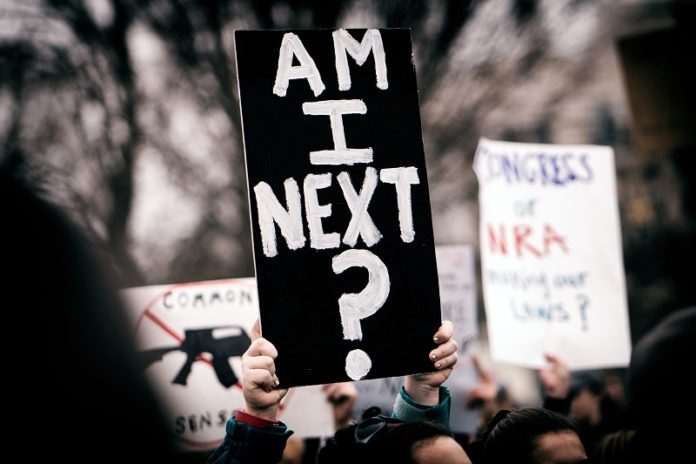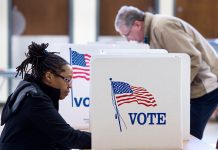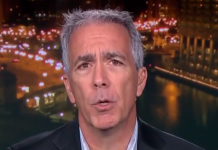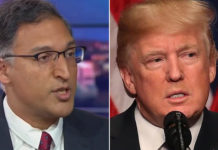While February 14 is Valentine’s Day, it’s also the one year anniversary of the mass shooting that claimed 17 lives at Marjory Stoneman Douglas High School in Parkland, Florida. It lends a deep note of sadness for those of us who are committed to ending mass shootings in the U.S.
As German Lopez, writing for Vox notes, the shooting galvanized people and a resurgence of activism, including the March for Our Lives event in Washington, D.C., and a spate of gun control measures during the 2018 midterms.
However, Congress continued to turn a deaf ear to any meaningful gun violence legislation in the aftermath of this tragedy. And nearly 350 mass shootings — almost one every day — have occurred in the year since the shooting. That’s according to the Gun Violence Archive, which logs every event in which at least four people (sans the shooter) were shot but not necessarily killed at the same general time and location.
But there’s a surprising twist to this that some of us may not have expected. It’s a twist that brings a twinge of good news compounded by a Grand Canyon-sized chasm of bad news.
So first, the good news:
In an interview with Jamal Simmons on Hill.TV, domestic policy adviser Ryan Streeter noted Thursday that mass shootings in the U.S. are declining. Streeter is an analyst for the right-wing American Enterprise Institute, so there could be some bias here.
But before we discuss that topic further, let me lay the bad news on you:
There may be fewer mass shootings, but they are becoming deadlier. Casualties involving guns are on the rise, Streeter said.
“Over time mass shootings in this country have declined, but the casualty levels have risen greatly,” he added.
An analysis by researcher Grant Duwe, author of the book “Mass Murder in The United States: A History,” bears this out. Writing for Politico, Duwe noted that the five-year moving average for Americans injured or murdered in mass shootings prior to 2012 never rose above 20 victims for every 100 million people.
But the rate has been above 20 people for every year since 2012, with 2014 being the one exception. Duwe’s research lends support to Streeter’s claims.
“What’s different now more than ever — 20 years ago or 15 years ago — is some of those horrific things that we’ve gone through, that just seems unconscionable and unfathomable,” Streeter said.
He added, “there is more of a desire among everyday people, whether they’re Republicans or Democrats, to actually not let those things happen again.”
“It seems to me just given how divisive this issue is and how strong the interests are, it seems to me that an incrementalist approach is what will happen.”
But despite what Streeter said, Republicans have also fought sensible gun measures. The Guardian notes that President Donald Trump and Congressional Republicans continue to block new gun control laws. In the aftermath of the Parkland shooting, Republicans and the U.S. Gun Lobby have continued to drag their feet on any useful reforms, Salon notes.
That’s not to say there hasn’t been a positive change, because there has. Since 2017, the NRA’s revenues have dropped significantly and the organization is in some pretty serious financial debt. And Democrats in the House Judiciary Committee just passed a bill Wednesday that requires tougher background checks on all gun purchases and transfers. It’s the first major gun violence measure in decades to pass in the committee. It’s heading for the House floor, where once again it’s unlikely to pass thanks to Republicans.
For those who lost loved ones in this tragic shooting, Valentine’s Day is undoubtedly bittersweet. If we wish to see effective measures to fight gun violence we must look to the 2020 elections when we can elect people who care about these reforms.
In the video below, family members and friends remember loved ones who died in the Parkland school shooting.
Featured image license CC SA 2.0 by Lorie Shaull via Flickr











